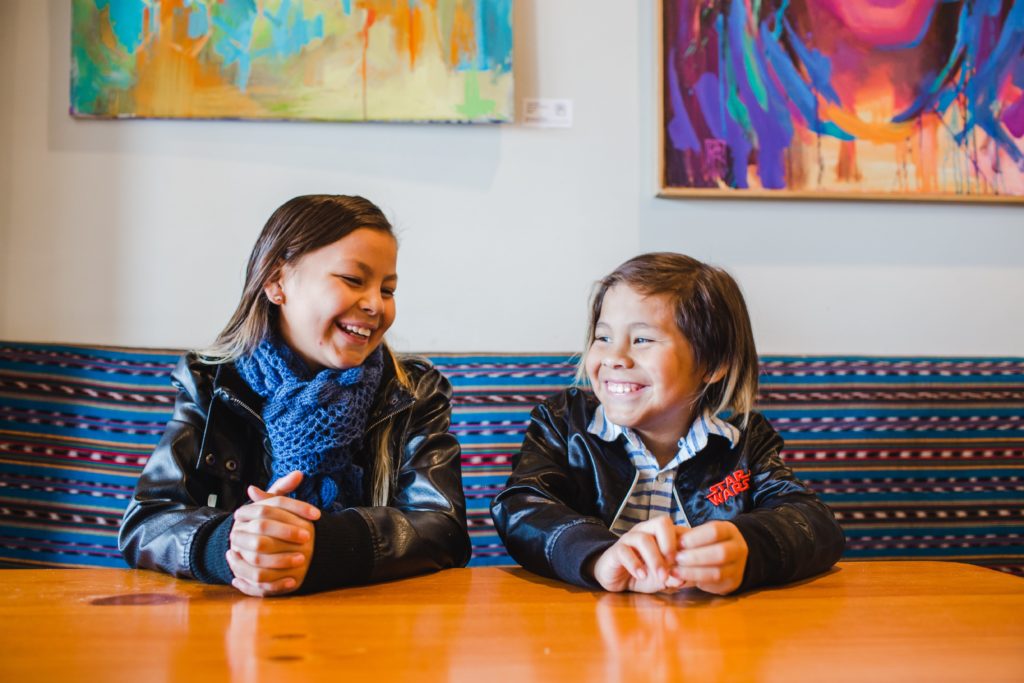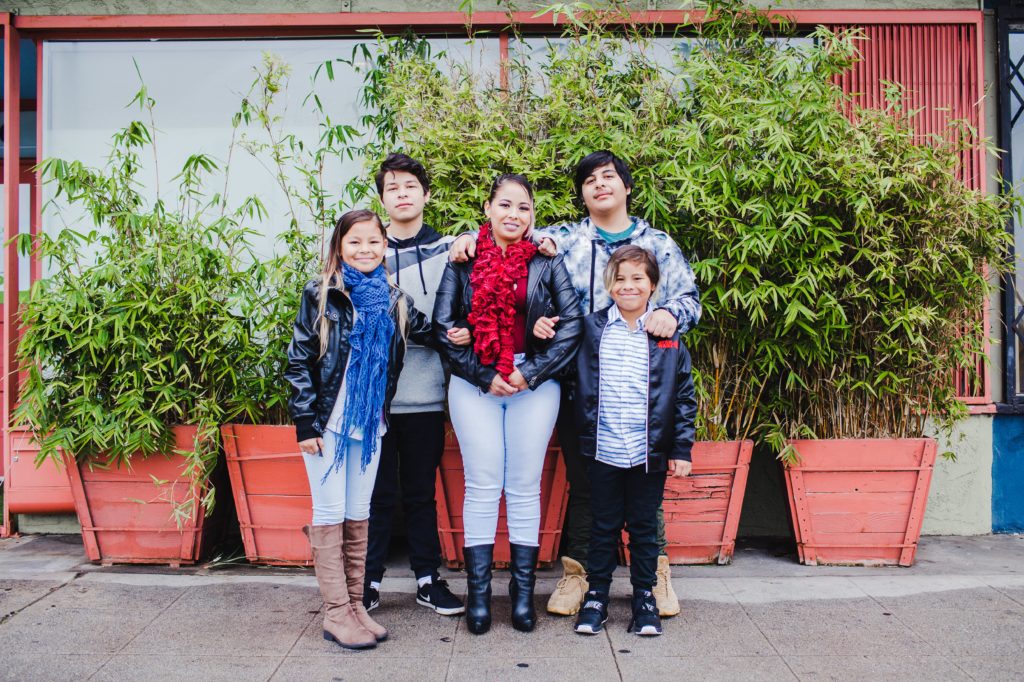A child herself, she was unprepared and unequipped for the needs of a newborn. She had no money and few resources. She occasionally didn’t have enough food or clothing for her child, a fact she still harbors guilt over today. Compelled to make money to provide for her son, Maria dropped out of high school to work full time, but was forced out of the workplace by abuse at the hands of her boss.
Trauma is cyclical.
It fundamentally reshapes the architecture of our brains, changing our actions, behaviors, beliefs, and expectations of others. Trauma’s cyclical nature often haunts families for generations, and recent research suggests that trauma may impact how the very makeup of who we are – our DNA – is expressed. Allies for Every Child staff witness this pernicious cycle every single day. And while trauma can present enormous challenges to our children and families, recent research suggests that supportive therapy and other interventions can buffer its effects. Trauma-informed care has become the centerpiece of Allies’ approach to treatment in hopes of breaking this cycle of trauma for future generations of families like the Ramirezes.
When Maria and her family of seven connected with Allies in 2016, they were in a dark place. Four of Maria’s children had suffered abuse at the hands of a relative. They were no longer safe in their home, requiring an emergency relocation to a new neighborhood and a new life. The family lived on the brink of homelessness, struggling to keep up with the rising rents in Los Angeles on one income, and now forced to relocate to a new neighborhood without the community connections and social support that families need to thrive. Perhaps worst of all, Maria had given up hope of providing a better childhood, and better life, for her five children.






